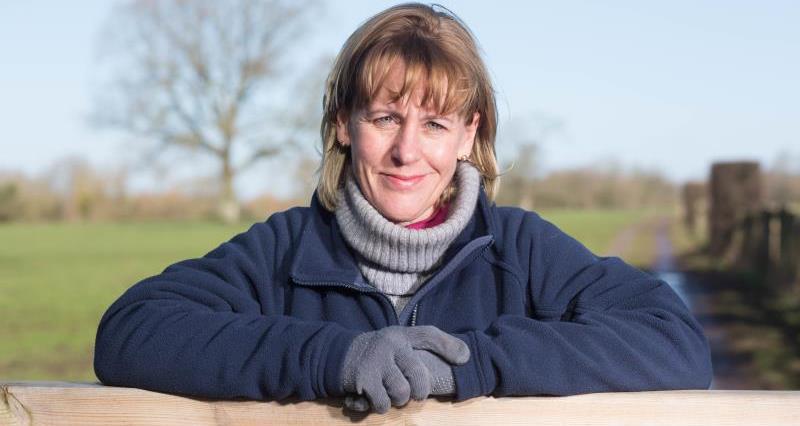NFU President Minette Batters and Greener UK chair Shaun Spiers argue in a joint statement that there must be free and frictionless trade between the UK and EU, and that a ‘cliff-edge’ Brexit could bring farms to the brink of collapse:
For better or worse, over the last forty-five years the EU has played an unarguably important role in the way we manage our landscape, firstly through the Common Agricultural Policy and latterly through the Single Market’s role in environmental regulation. Now, as we prepare to leave, questions about how we continue to manage our countryside are stimulating an important, and sometimes controversial, debate.
Producing food from the land and caring for our environment have all too often been framed as being in conflict. And it must be acknowledged that farming’s impact on nature and the countryside has, at times, been damaging. However, we are now in a position where we not only have a far better understanding of the scale of the problem, but also have many of the solutions to address issues such as declines in some farmland birds and poor water quality. In recent decades, many farmers in the UK have taken ownership of these environmental challenges, and taken steps to address them, delivering real results for nature. Farmers are getting better at exploring innovative techniques as well as rediscovering lost expertise that can help them to provide not only a safe and affordable supply of food but also healthier soils, cleaner waterways and more abundant wildlife.
We must ensure this good work is maintained, particularly where nature remains in decline and landscapes continue to be damaged. But it is not a straightforward challenge. There are still uncertainties as to how we best manage our land both for food production and for the public goods the market won’t pay for. We also know that farmers and environmentalists won’t always agree on the best ways of doing so. But we share the same starting point and the same ambition: we value above all else our natural environment, without which we would have nothing, and we are committed to protecting its long-term health, so that future generations – farmers, conservationists, the public and all who love our British countryside – can themselves benefit from its abundant and varied gifts. Brexit provides the opportunity to improve environmental schemes, and significantly increase the funding available to them, to enable more farmers and land managers to realise this ambition.
"We value above all else our natural environment, without which we would have nothing, and we are committed to protecting its long-term health, so that future generations – farmers, conservationists, the public and all who love our British countryside – can themselves benefit from its abundant and varied gifts."
NFU President Minette Batters and Greener UK chair Shaun Spiers
We also agree that we cannot hope to manage our natural environment here in the UK for the benefit of our wildlife, soils, water and air in the absence of a profitable and productive farming sector. Farmers and growers running viable farm businesses are often best placed to deliver these environmental goods, working in partnership with experts, volunteers and each other, combining expertise, time and skill.
So it is clear that the trading environment in which farms operate post-Brexit will be critical to realising this vision. The National Farmers Union and Greener UK are united in their view that one of the fundamental pieces of the “green Brexit” jigsaw is a settlement with the EU that maintains as free and frictionless trade between the UK and EU as possible. Anything short of this runs the risk of the sort of disruptive “cliff-edge” Brexit that could bring many farms to the brink of collapse, and which would make it harder for farmers to deliver the public goods that we all need.
We must also recognise the value of effective, proportionate and properly enforced regulation, and ensure our high standards of animal welfare and environmental protection are not undermined by our future trade policy. Free trade deals with countries with lower standards could have a potentially disastrous impact both on the farm businesses we will need to care for our countryside, and on public health. High environmental and animal welfare standards should not be a negotiating chip in trade agreements. Furthermore, as we would increasingly rely on the rest of the world to feed us, we run the risk of exporting the environmental impact of farming. It is hard to see how this is the Brexit bonus anyone voted for.
Farmers and environmentalists will continue to engage in robust debate over the best ways to achieve our common goals, and we will not always see eye to eye on the priorities for UK land management. But there is much that unites us, not least the importance of a Brexit deal that enables British farmers to continue to produce high quality food and go further with environmental improvements. And when it comes to our future relationship with the EU, as far as farming and the environment are concerned, it is difficult to envisage a worse deal than no deal.
